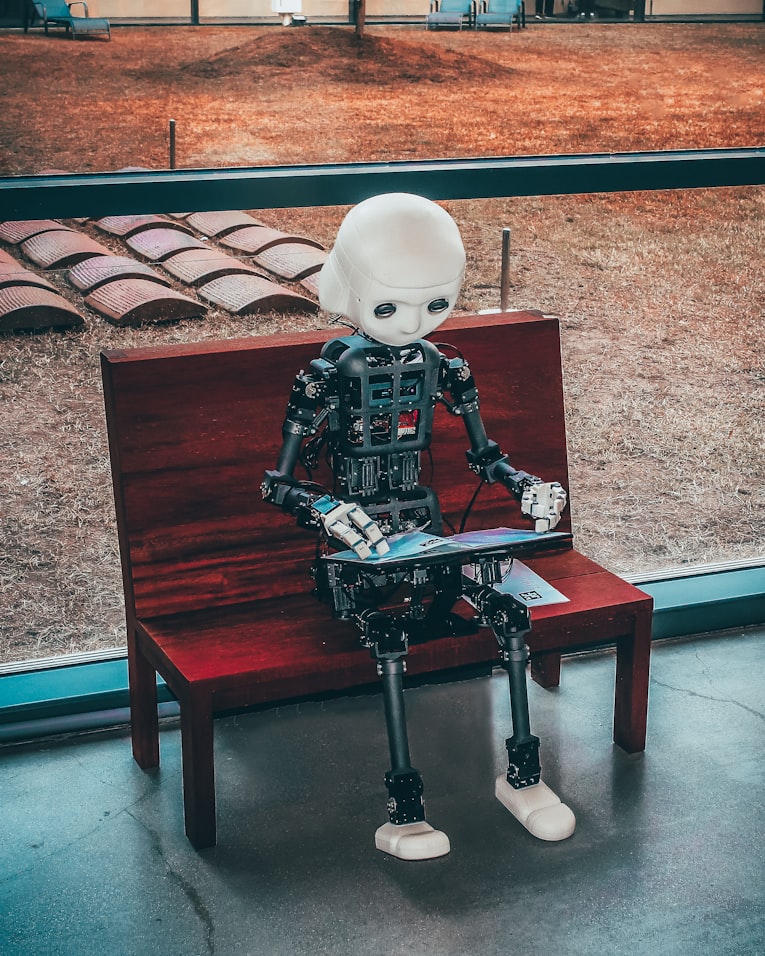Will AI Take Over Jobs in the Future?

Artificial intelligence (AI) has the potential to revolutionize the way we work and live. As AI technology continues to advance, many people are wondering if it will eventually take over jobs currently held by humans. In this blog post, we'll explore this question and consider the potential impacts of AI on the job market in the future.
One of the main concerns about AI taking over jobs is that it has the ability to perform certain tasks faster and more accurately than humans. For example, AI can process large amounts of data, analyze patterns, and make decisions much faster than a human could. This makes it particularly well-suited for tasks that involve data analysis or decision-making.

However, while AI may be able to perform some tasks more efficiently than humans, it's important to note that it is not a replacement for human intelligence and creativity. There are many tasks that require a level of judgment, empathy, and creativity that AI simply cannot replicate. For example, jobs that involve complex problem-solving, decision-making, and interpersonal skills are likely to be safe from automation.

It's also important to consider that while some jobs may be replaced by AI, new jobs will also be created as a result of the technology. For example, as AI becomes more widespread, there will be a need for people to design, build, and maintain the AI systems. There will also be a need for people to interpret and analyze the data produced by AI systems, as well as to develop new AI applications.
Overall, it's difficult to predict exactly how AI will impact the job market in the future. While it's possible that some jobs may be replaced by AI, it's also likely that new job opportunities will arise as a result of the technology. It's important for individuals to stay up-to-date with the latest developments in AI and to continuously learn and adapt to new technologies in order to stay competitive in the job market.
Fun fact, this blog post was written by an AI.



Comments
Post a Comment